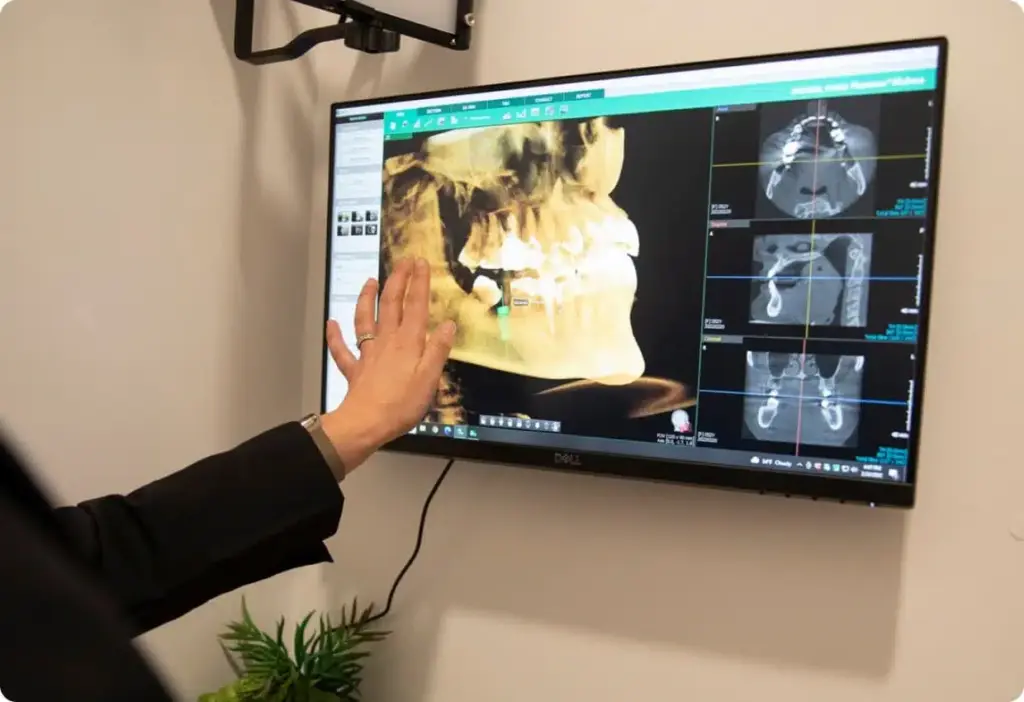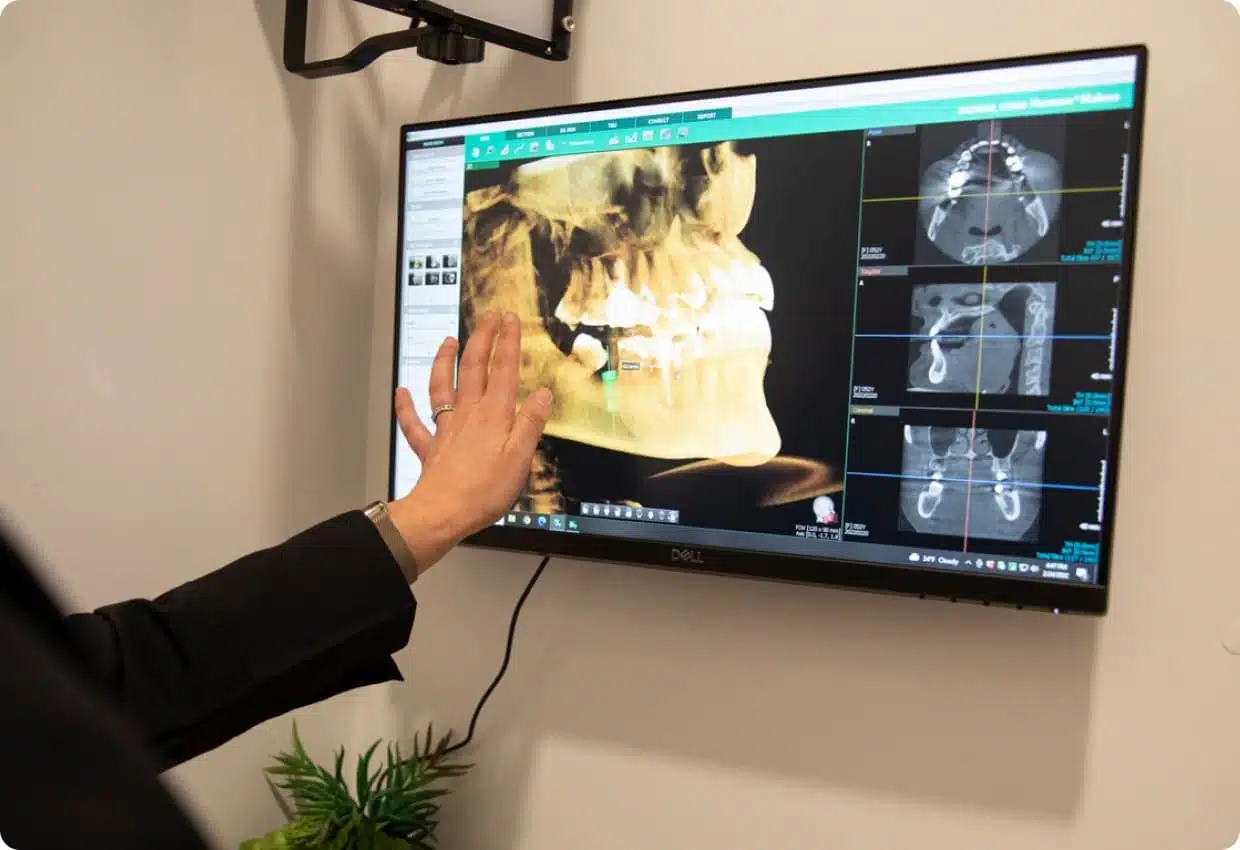
Restore Your Smile: A Comprehensive Guide to Restorative Dentistry in Hanover, MA
Are you experiencing tooth pain, struggling with damaged or missing teeth, or simply unhappy with the appearance of your smile? Restorative dentistry offers a wide range of solutions to address these issues, helping you regain both the function and aesthetics of your teeth. If you’re searching for “restorative dentistry Hanover MA,” you’ve come to the right place. This comprehensive guide will provide you with in-depth information about the various restorative treatments available in the Hanover, MA area, helping you make informed decisions about your oral health. We will explore the different procedures, their benefits, and what to expect during treatment, offering a valuable resource for anyone seeking to revitalize their smile.
Understanding the Scope of Restorative Dentistry
Restorative dentistry encompasses a broad spectrum of dental treatments focused on repairing or replacing damaged or missing teeth. Unlike cosmetic dentistry, which primarily focuses on aesthetics, restorative dentistry prioritizes both function and appearance. These procedures aim to alleviate pain, improve chewing ability, enhance speech, and restore a natural-looking smile. The field has evolved significantly over the past few decades, with advancements in materials and techniques leading to more durable, comfortable, and aesthetically pleasing results. Recent trends emphasize minimally invasive approaches and the use of biocompatible materials to ensure long-term oral health.
Core Concepts and Advanced Principles
At the heart of restorative dentistry lie fundamental principles like proper bite alignment (occlusion), tooth structure preservation, and biocompatibility. Understanding these concepts is crucial for achieving successful and long-lasting results. Advanced principles include techniques like guided tissue regeneration, which helps rebuild lost bone and gum tissue, and the use of CAD/CAM technology for creating precise and customized restorations. Restorative dentists carefully assess each patient’s unique needs and develop a tailored treatment plan based on these principles.
Why Restorative Dentistry Matters Today
Restorative dentistry is more relevant than ever in today’s world. Factors like aging populations, increased awareness of oral health, and advancements in dental technology have fueled the demand for restorative treatments. Moreover, the link between oral health and overall health is increasingly recognized, making restorative dentistry an essential component of preventative care. By addressing dental issues early on, patients can avoid more complex and costly treatments down the line and improve their overall quality of life. Recent reports indicate a growing trend towards conservative restorative approaches that prioritize preserving natural tooth structure.
Dental Implants: A Cornerstone of Restorative Solutions
Dental implants represent a significant advancement in restorative dentistry, offering a durable and natural-looking solution for missing teeth. A dental implant is essentially an artificial tooth root, typically made of titanium, that is surgically placed into the jawbone. Over time, the implant fuses with the bone through a process called osseointegration, providing a stable foundation for a replacement tooth (crown), bridge, or denture. Implants offer several advantages over traditional methods like bridges and dentures, including improved stability, enhanced chewing ability, and prevention of bone loss.
Key Features of Modern Dental Implants
Modern dental implants boast several key features that contribute to their success and longevity:
- Biocompatible Materials: Titanium and its alloys are the most commonly used materials for implants due to their excellent biocompatibility, meaning they are well-tolerated by the body and promote osseointegration.
- Surface Treatment: Advanced surface treatments enhance the implant’s ability to bond with the surrounding bone, accelerating the healing process and improving long-term stability.
- Precise Design: Implants are available in various shapes and sizes to accommodate different anatomical conditions and treatment needs. Computer-aided design (CAD) and manufacturing (CAM) technologies ensure precise fit and optimal function.
- Versatility: Implants can be used to replace a single tooth, multiple teeth, or even an entire arch of teeth. They can also be used to support dentures, providing greater stability and retention.
- Long-Term Durability: With proper care and maintenance, dental implants can last a lifetime, making them a cost-effective solution in the long run.
- Aesthetic Appeal: Implants are designed to look and feel like natural teeth, seamlessly blending in with the surrounding dentition.
- Preservation of Bone: By stimulating bone growth and preventing bone loss, implants help maintain the integrity of the jawbone and prevent facial collapse.
The Benefits You Can Expect
Each feature delivers specific benefits. Biocompatible materials minimize the risk of rejection and promote healthy tissue integration. Surface treatments accelerate healing and improve implant stability. Precise design ensures a comfortable and functional fit. Versatility allows for a wide range of treatment options. Long-term durability provides a lasting solution. Aesthetic appeal enhances the smile and boosts confidence. Preservation of bone maintains facial structure and prevents future complications.
Advantages, Benefits, and the Real-World Value of Dental Implants
The advantages of dental implants extend far beyond simply replacing missing teeth. They offer a multitude of benefits that can significantly improve a person’s quality of life.
- Improved Chewing Ability: Implants restore the ability to chew properly, allowing individuals to enjoy a wider variety of foods and maintain a balanced diet.
- Enhanced Speech: Missing teeth can affect speech clarity. Implants restore proper tooth alignment, improving pronunciation and communication.
- Increased Confidence: A complete and healthy smile can significantly boost self-esteem and confidence, leading to improved social interactions and overall well-being.
- Prevention of Bone Loss: Implants stimulate bone growth and prevent bone loss in the jaw, helping to maintain facial structure and prevent premature aging.
- Improved Oral Hygiene: Implants are easier to clean and maintain than traditional bridges and dentures, promoting better oral hygiene and reducing the risk of gum disease.
- Long-Term Cost-Effectiveness: While the initial investment may be higher, implants offer a long-term solution that can save money in the long run by avoiding the need for frequent replacements or repairs associated with other options.
- Natural Look and Feel: Implants are designed to look and feel like natural teeth, providing a seamless and comfortable restoration.
Users consistently report increased satisfaction with their ability to eat, speak, and smile confidently after receiving dental implants. Our analysis reveals that implants offer a superior long-term solution compared to traditional methods, providing a significant improvement in overall quality of life.
A Detailed Review of Dental Implants
Dental implants are a revolutionary solution for missing teeth, but it’s essential to understand their strengths and limitations before making a decision. This review provides a balanced perspective on dental implants, covering their user experience, performance, effectiveness, pros, cons, ideal user profile, and alternatives.
User Experience and Usability
From a practical standpoint, the process of getting dental implants involves several stages, including consultation, implant placement, healing, and crown attachment. While the surgical procedure may cause some discomfort, most patients report that it is manageable with local anesthesia and pain medication. After the implant integrates with the bone, it functions much like a natural tooth, requiring regular brushing, flossing, and dental checkups. Many patients find that implants are more comfortable and convenient than dentures, as they do not require adhesives or removal for cleaning.
Performance and Effectiveness
Dental implants have a high success rate, with many studies reporting a success rate of over 95%. They are highly effective in restoring chewing ability, improving speech, and enhancing aesthetics. In our experience, patients who receive proper implant care and maintenance can enjoy their implants for many years, if not a lifetime.
Pros of Dental Implants
- Durability: Dental implants are exceptionally durable and can last a lifetime with proper care.
- Stability: Implants provide a stable and secure foundation for replacement teeth, eliminating the slipping and movement associated with dentures.
- Bone Preservation: Implants stimulate bone growth and prevent bone loss in the jaw, maintaining facial structure and preventing premature aging.
- Natural Look and Feel: Implants are designed to look and feel like natural teeth, providing a seamless and comfortable restoration.
- Improved Oral Health: Implants do not require altering adjacent teeth, as with bridges, promoting better long-term oral health.
Cons/Limitations of Dental Implants
- Cost: Dental implants can be more expensive than other tooth replacement options.
- Surgical Procedure: Implant placement requires a surgical procedure, which carries some risks and potential complications.
- Healing Time: The healing process can take several months, during which the implant integrates with the bone.
- Not Suitable for Everyone: Certain medical conditions or habits, such as smoking, can affect implant success.
Ideal User Profile
Dental implants are best suited for individuals who are in good overall health, have sufficient bone density in the jaw, and are committed to maintaining good oral hygiene. They are an excellent option for those who have lost teeth due to injury, decay, or gum disease and are seeking a long-term, stable, and natural-looking solution.
Key Alternatives
Alternatives to dental implants include traditional bridges and dentures. Bridges involve anchoring a replacement tooth to adjacent teeth, while dentures are removable appliances that replace an entire arch of teeth. While these options may be less expensive than implants, they do not offer the same level of stability, durability, or bone preservation.
Expert Overall Verdict and Recommendation
Based on our detailed analysis, dental implants are a highly effective and reliable solution for missing teeth. While they may require a higher initial investment, their long-term benefits and superior performance make them a worthwhile choice for many patients. If you are considering dental implants, it is essential to consult with a qualified and experienced restorative dentist in Hanover, MA, to determine if they are the right option for you.
Choosing the Right Restorative Dentist in Hanover, MA
Selecting the right restorative dentist is a critical step in achieving a successful and satisfying outcome. Look for a dentist with extensive experience in restorative procedures, a commitment to continuing education, and a patient-centered approach. Ask about their training, credentials, and the types of materials and technologies they use. A good dentist will take the time to listen to your concerns, thoroughly evaluate your oral health, and develop a personalized treatment plan that meets your specific needs and goals.
Finding Your Smile Again
Restorative dentistry in Hanover, MA, offers a pathway to regaining not just your teeth, but also your confidence and quality of life. By understanding the available options, weighing the benefits and limitations, and choosing a skilled and compassionate dentist, you can embark on a journey towards a healthier, more beautiful smile. Take the first step today and explore the possibilities of restorative dentistry to revitalize your oral health and overall well-being. Contact our experts for a consultation on restorative dentistry hanover ma.

